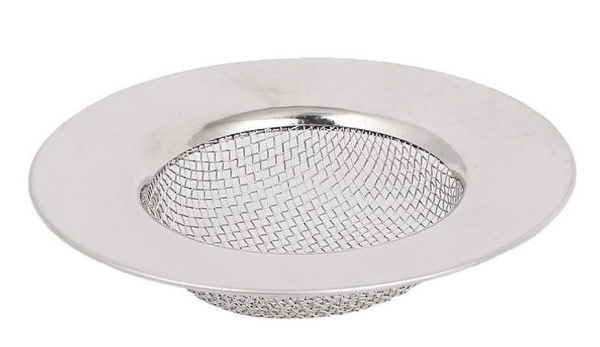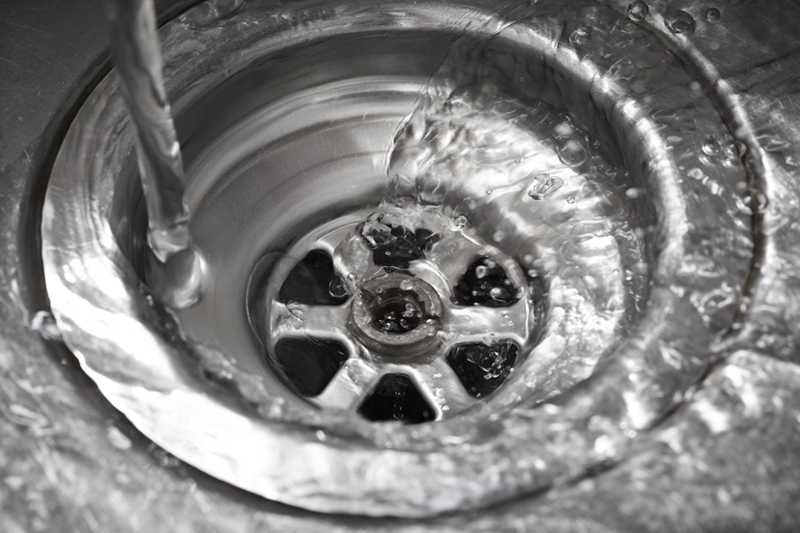How to Prevent Clogged Drains
Clogged or slow running drains are messy, inconvenient, and can be expensive to fix. Fortunately, a little preventative maintenance can go a long way in keeping your home’s plumbing lines flowing freely.
Avoid Putting These Items Down the Drain
- Certain Foods – Even if you have a garbage disposal, there are foods you should avoid putting down the drain. Kitchen scraps like flour, coffee grounds, egg shells, fruit and vegetable peels, corn husks, and starchy foods like potatoes or rice should be thrown away in the trash, especially large amounts. Garbage disposals can handle these foods, but they often still cause drain issues over time.
- Grease and Oil – Empty cooking fats into the trash so they don’t collect inside your pipes.
- Dirt – A little dirt will probably pass through your pipes just fine, but over time this can cause a clog. Also, large volumes of dirt and mud at once can instantly create a problem.
- Trash – Cigarette butts, paper and gum can clump together and form hard-to-remove clogs.
- Hair – This is a big cause of slow-running drains. Hair, especially long hair, often gets stuck in pipes. Because it takes a long time to break down, it will almost always lead to a clog.
- Non-Food Items – A good rule of thumb is to never put any non-food items in your drain or garbage disposal. Items such as dirt, paint, pieces of paper wrappers, etc. can stick to your plumbing and create a clog.
Install a Drain Filter
Drain filters are mesh screens that catch hair and other debris before it gets into your pipes. These filters are easily to install, and they fit on most sinks and showers. Most hardware stores carry these products.

Clean Drains Regularly
You can prevent clogs by periodically flushing your drains with a cup of baking soda and a cup of vinegar, followed by a pot or two of boiling water. This helps clear solidified debris that’s clinging to the inside of your pipes. Run the water for a minute after flushing.
Another easy way to prevent clogged drains is to clean the gunk and debris that collects around the stoppers and drain covers in your bathtub, shower, and sinks. This build up can be thick and difficult to dissolve, so it can create clogs if it goes down the drain.
For drains with a garbage disposal, keep the inside of the disposal clean by grinding up a cup of ice cubes and about half a cup of salt. This will scrub off any food particles that are stuck in the grinding chamber. Rinse thoroughly with cold water afterward.
How to clear a clogged drain
If a clog is lodged in the drain trap, you can often use a plunger to clear it. Be sure to use a different plunger than you use for the toilet.
If your sink or tub is already backed up or if it drains slowly, there are a few ways to get rid of small clogs. Commercial drain cleaning products and some basic household items can do the job.
Mixing vinegar and baking soda creates a foam that can power through organic waste inside your home’s pipes. Follow it with a pot of boiling water.
Drano an other chemicals are effective, but not recommend for some situations. Be sure to read the instructions and use these products only as intended. If you have repeated clogs even after using commercial cleaners, you may need to have the drain cleaned by a professional.

